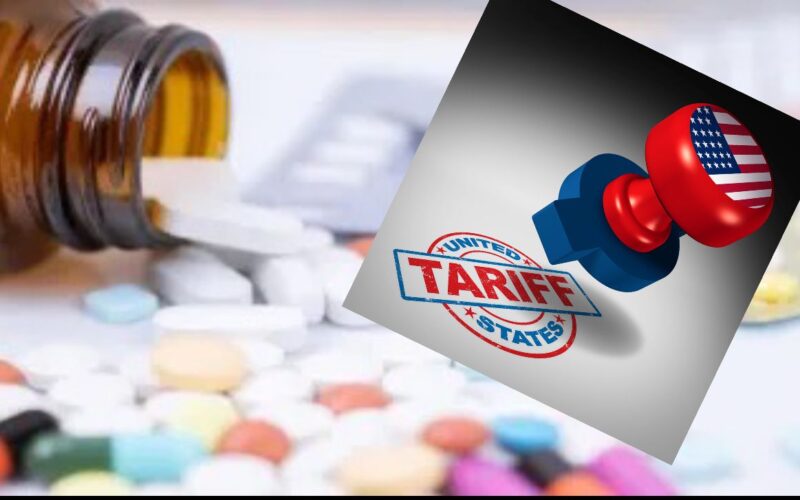Toronto (Bhreau): U.S. tariffs on pharmaceuticals will likely drive up costs and cause shortages of critical Canadian-made drugs, including antibiotics, antidepressants and HIV treatment, according to a new study.
Published Monday in The Journal of the American Medical Association, the effort was led by University of Toronto drug policy researcher Mina Tadrous. Tariffs could disrupt access to essential drugs in the U.S., especially drugs where the Canadian is the only or the most commonly used product,” said Tadrous, who is also a licensed pharmacist. “This is across the board for treatments for infections and chronic diseases.”
Some medications that are sole sourced from Canada include clinically important drugs like Ibalizumab, which is used to treat HIV infections, and Oxcarbazepine, which is used to prevent seizures.
U.S. President Donald Trump has threatened to impose 25 per cent tariffs on pharmaceuticals to boost domestic manufacturing and drive down high prices in the U.S. – a plan that could backfire, according to Tadrous’ research. While pharmaceutical products imported under the terms of North America’s USMCA trade agreement have been exempt from tariffs, that could change when a new round of U.S. trade measures come into effect on April 2.
“Tariffs could hurt both countries by increasing costs and further straining supply chains on both sides of the border,” Tadrous cautioned. “Policymakers on the Canadian side of the border are also considering counter-tariffs for pharmaceuticals. We think this sets a dangerous precedent that is counterproductive. Tadrous and colleagues looked at U.S. data from the fourth quarter of 2022 to the third quarter of 2023. In that time, more than 22,000 different drug products were sold in the U.S., including 411 that were manufactured in Canada. While Canadian-made pharmaceuticals only represented a small fraction of the total U.S. market – about two per cent – that still worked out to US$3 billion in sales, meaning that 25 per cent tariffs could add $750 million to costs.
“The effects may differ for brand-name and generic drugs, with high-cost brand-name drugs likely absorbing short-term cost increases, but the long-term effects remain uncertain,” the study said. “Historically, minor shifts in supply chains create shortages, particularly when manufacturers lack rapid production scalability to meet demand.
U.S. tariffs on Canadian drugs could impact supply of antibiotics

